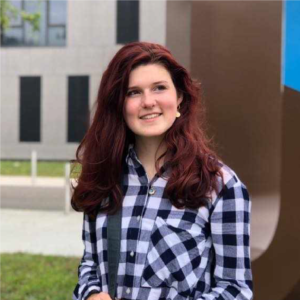Why choose a specialised translator?
Other translation methods are not suited to scientific translation
A non-francophone scientist
A translation done by a scientist who is not fluent in French could diminish the quality of your content through poorly chosen words or a lack of nuanced terms. Your message will have less impact if it’s not translated by someone who really knows the language. Additionally, these translations tend to follow the source material too closely, resulting in very poor phrasing.
A general translator
General translators unfamiliar with scientific concepts and terms risk making errors linked to the complexity of your content. Precise vocabulary is a must in science to explain difficult subjects. Without a scientific background, a translator cannot fully understand what they are translating, and therefore cannot do it justice in another language.
An artificial intelligence
AI is a tool that is still far from being able to correctly translate scientific content. Its translations are often too direct, and readers will notice that the text has been translated. However, human translators know how to make their translations invisible, so that readers will believe that the text was originally written in their language. A human translator can adapt the text to the target culture by changing expressions, references and humour to better relate the text to its audience.
AI doesn’t have an in-depth understanding of the content it is translating and risks using vocabulary that is ill adapted for a scientific context and producing messages that miss the original intent.
The goal of a translator is that the reader never notices that the text was originally written in another language.
The solution: a scientific translator
A scientific translator is the best option for a successful translation. The content is fully understood, so the message will be correctly translated into the target language. The vocabulary used will be perfectly adapted to a modern scientific context and will enhance rather than hinder your message.

